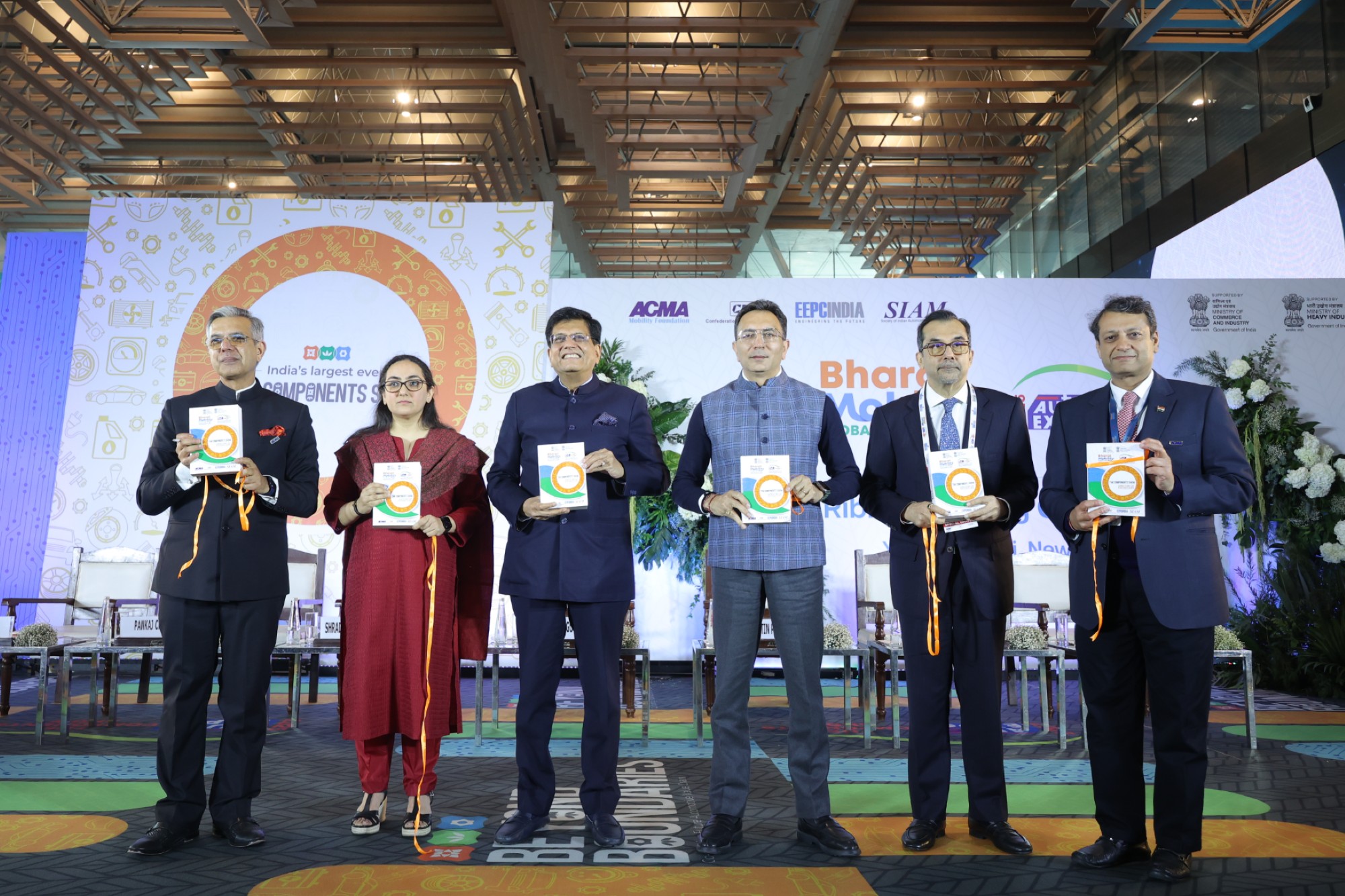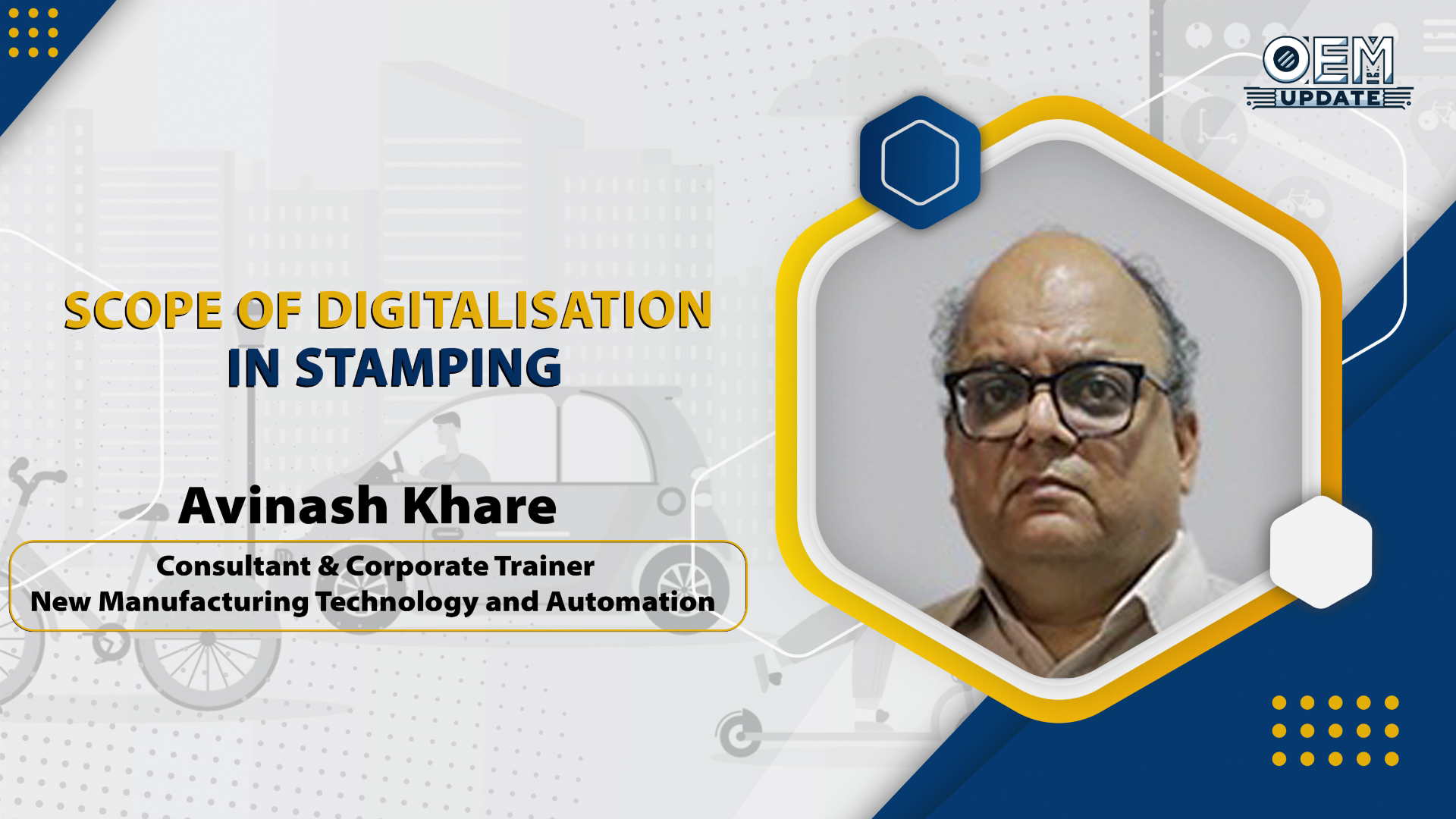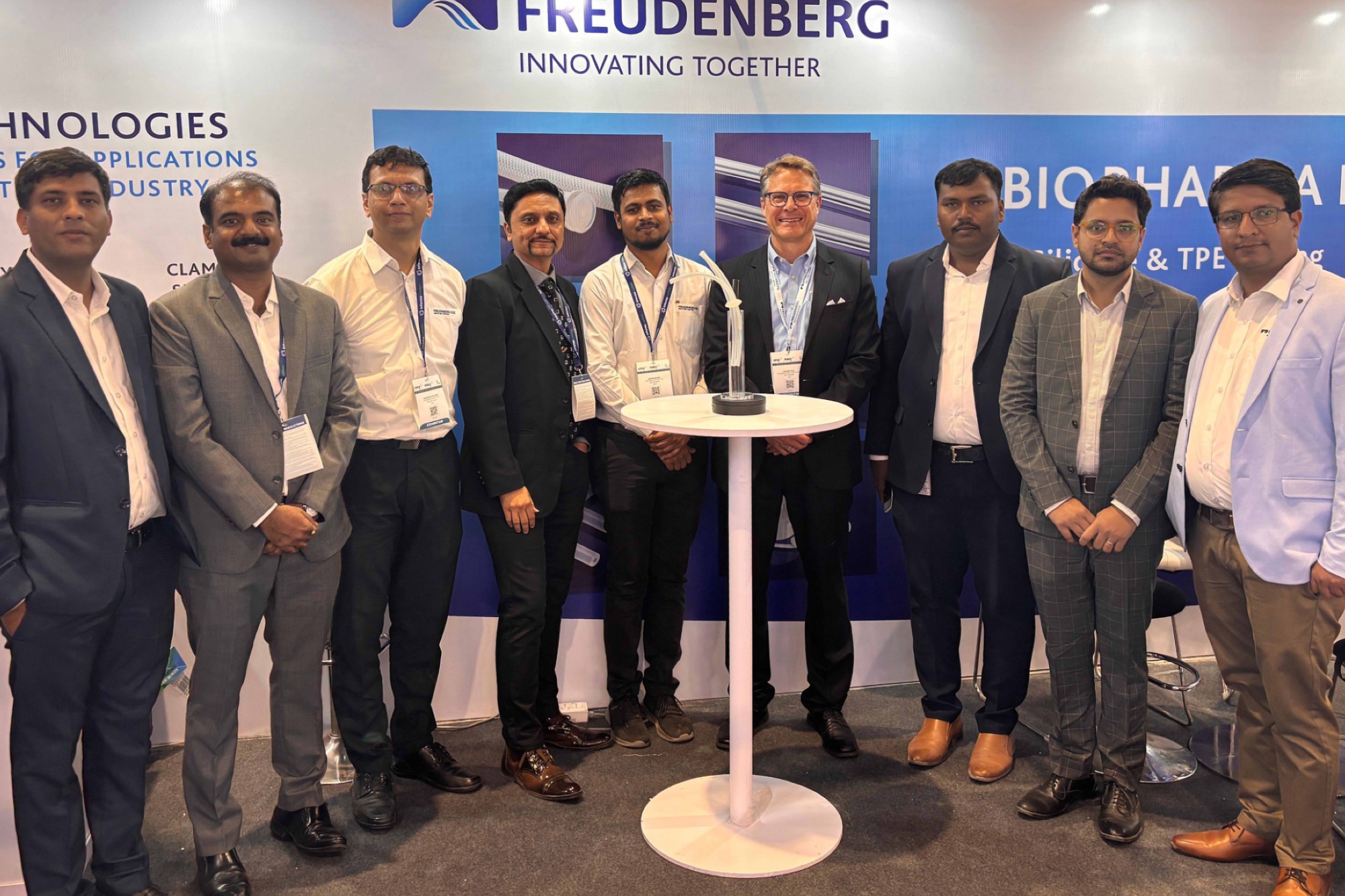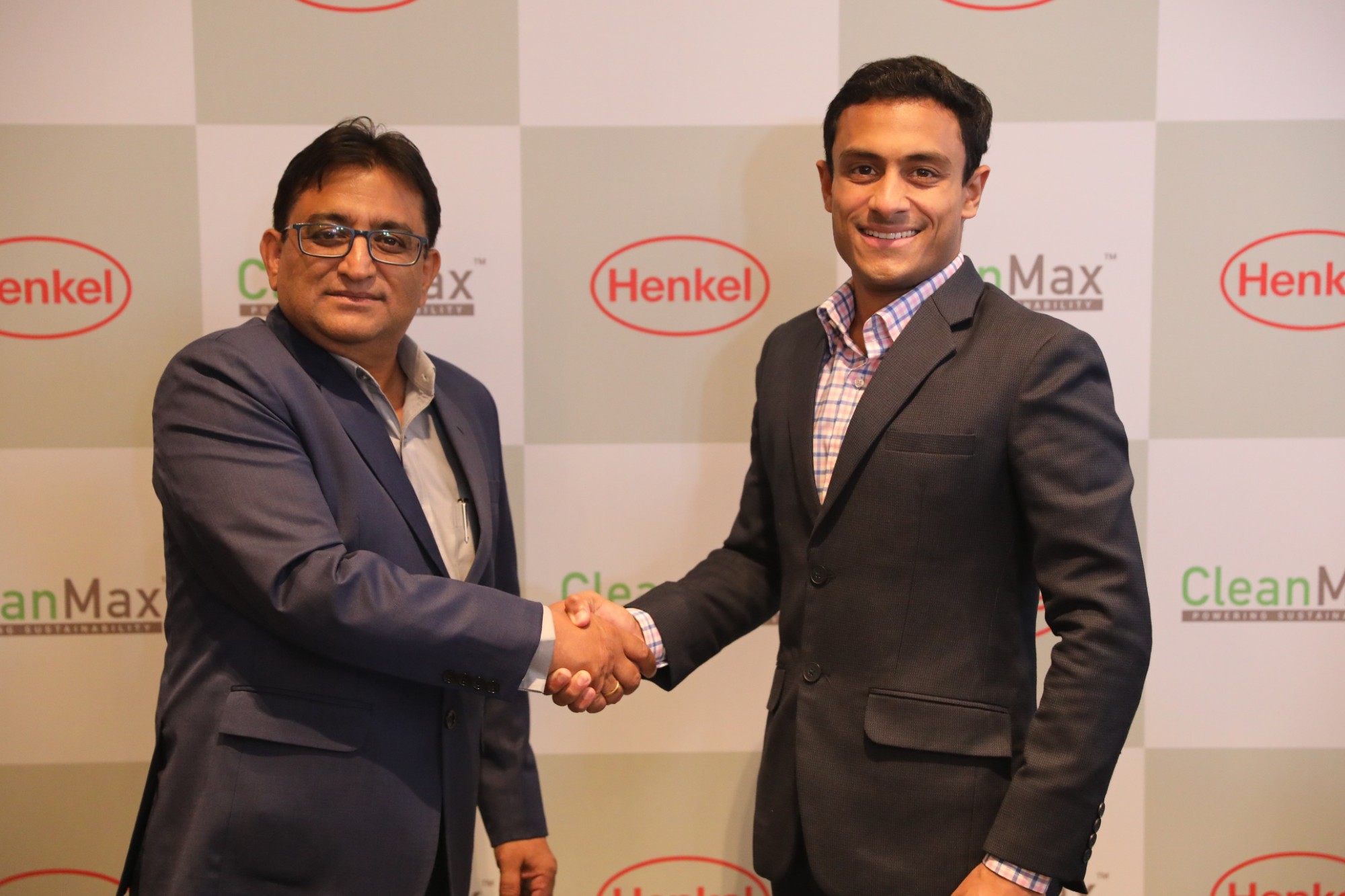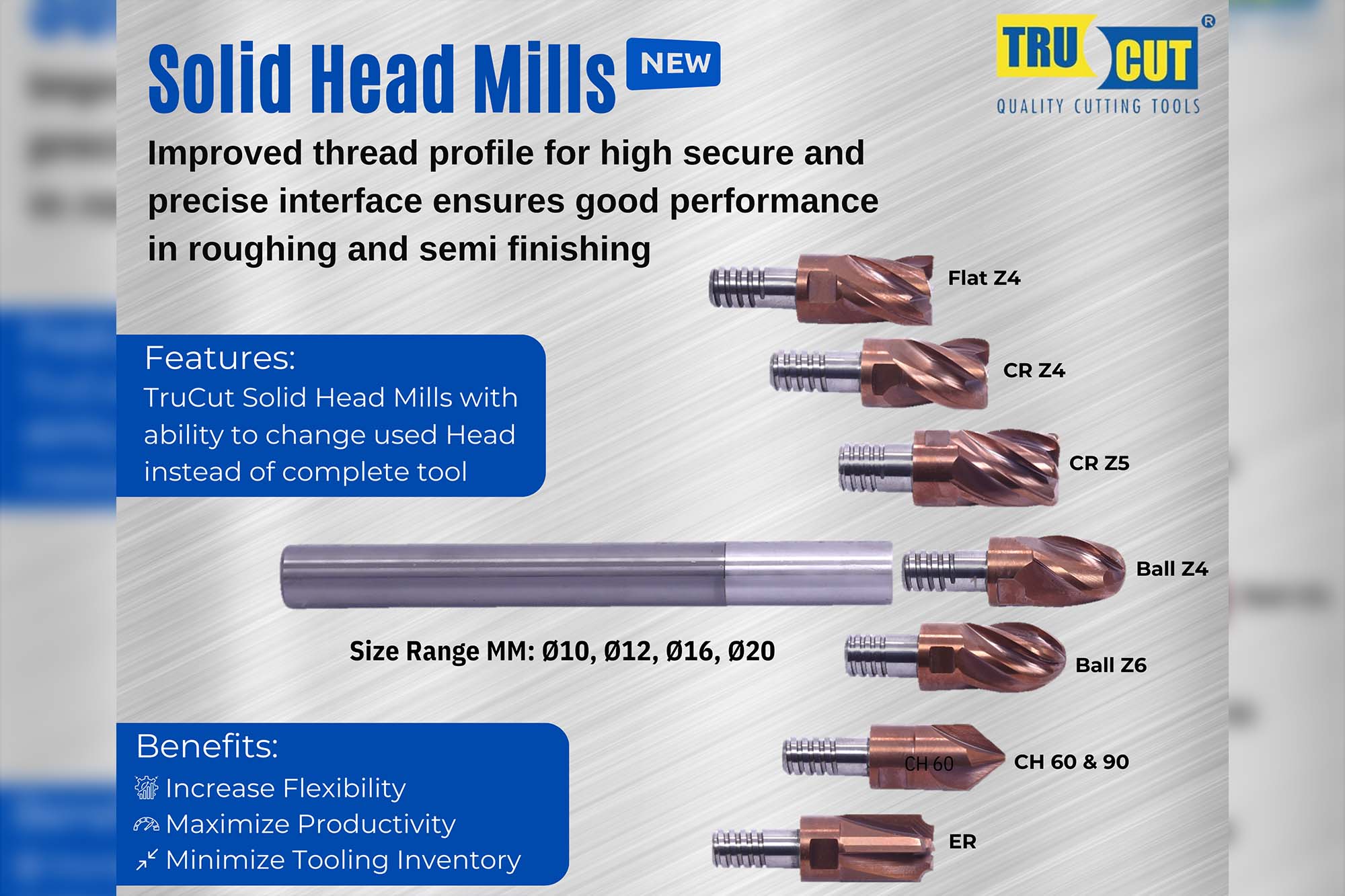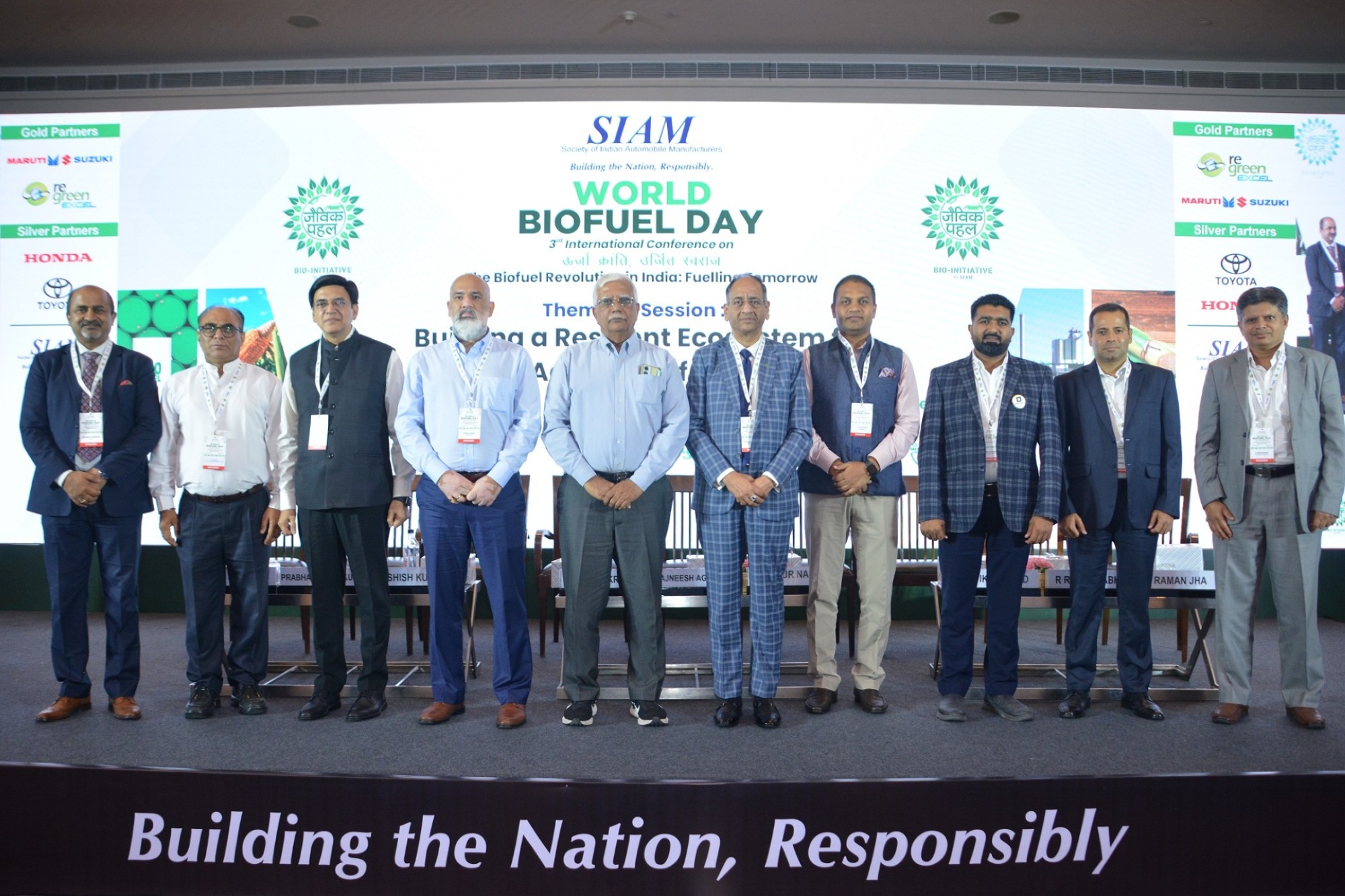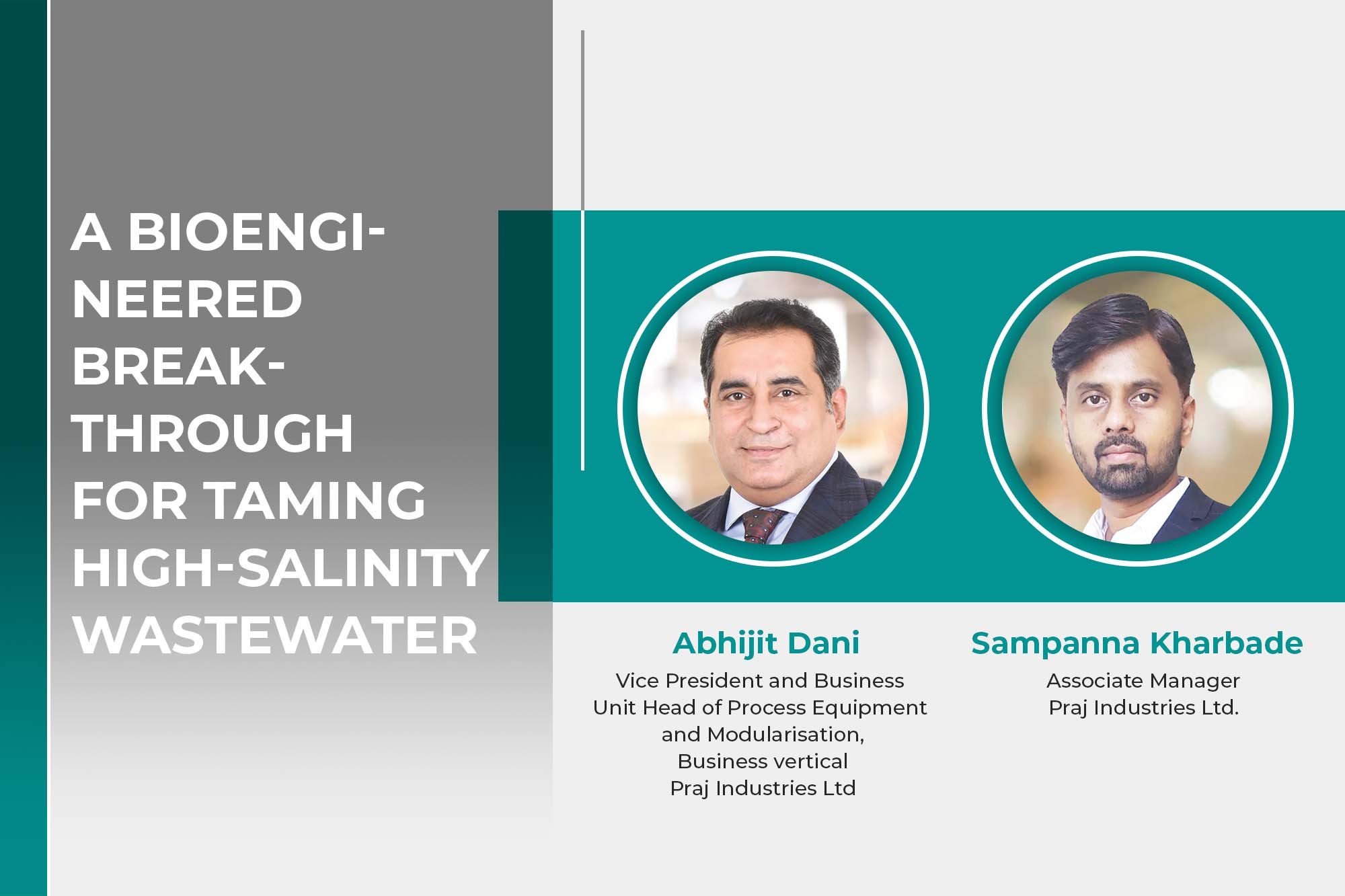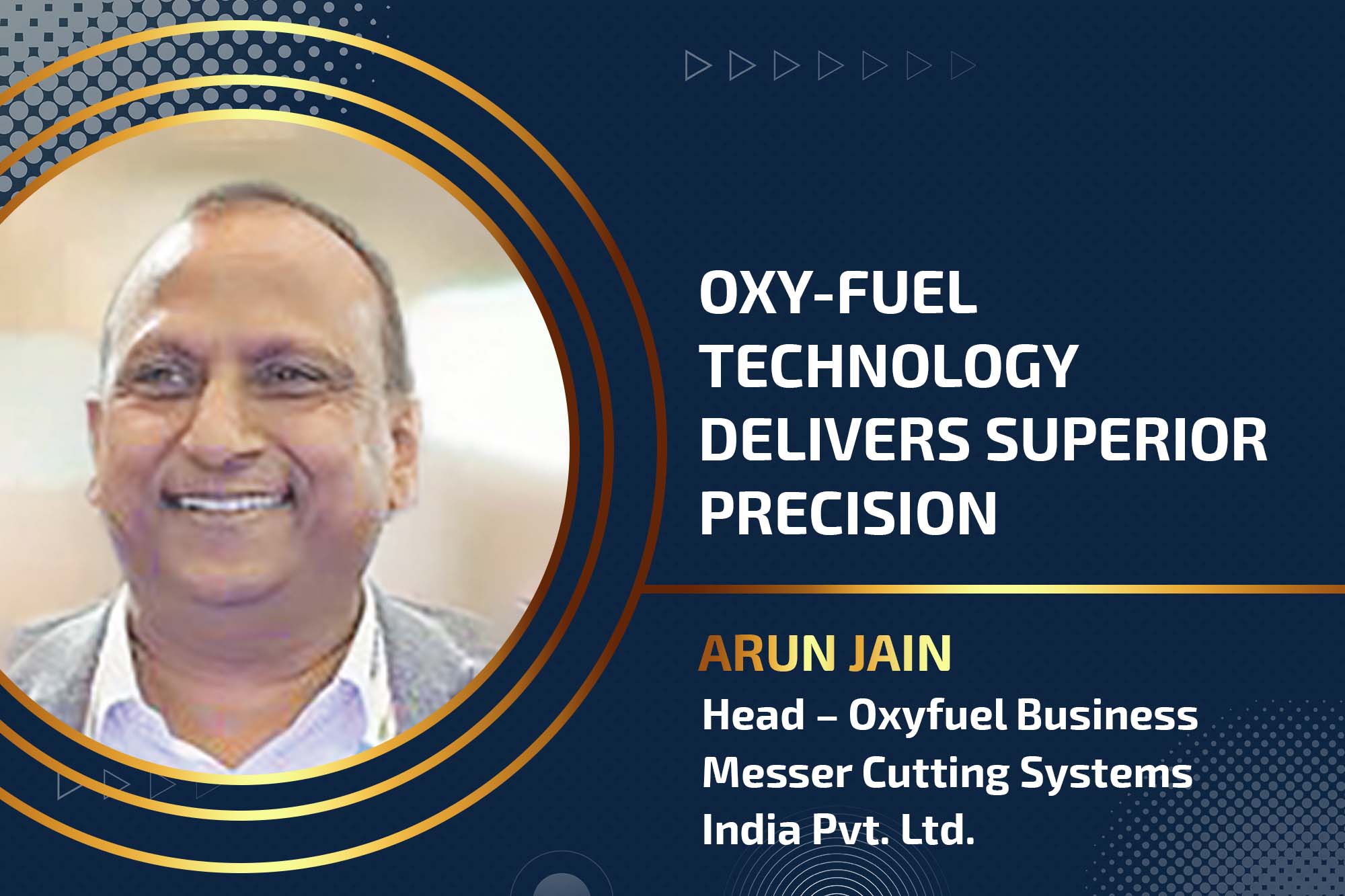Instrumentation’s Next Great Leap
By admin April 29, 2015 5:01 pm IST
The need for instrumentation is not only limited to process automation but also to enhance safety, reliability, security and productivity of a plant.Ritwij Kulkarni, Business Unit Head, Field Products, Honeywell Process Solutions, India
Honeywell Process Solutions (HPS) is a business unit serving the process industries across the segments. In an e-mail interaction with OEM Update, Ritwij Kulkarni talks about the technology transformation in field of instruments and measurement products.
Importance of instrumentation in process industryInstrumentation plays a crucial role in various process industries for controlling and monitoring of various operations. Instrumentation and process control systems can be used to measure and control process parameters like pressure, temperature, flow, density of different fluids, gases, etc. that are used in different process industry verticals like refining and petrochemicals, oil and gas, minerals and metals, chemicals and life sciences, pulp and paper, etc.
Over the years instrumentation through control systems like Distributed Control Systems (DCS), and Programmable Logic Controllers (PLC) have helped traditional manual processes to become fully automated to the highest standards.
Further, the need for instrumentation is not only limited to process automation but also to enhance safety, reliability, security and productivity of a plant.
Key functional areas of instrumentation and controlIn a modern plant, the instrumentation and control models are linked to the systems and components where all the plant feeds are collected giving the operator a holistic picture of the plant processes. The instrumentation model’s primary function is to control the processes and procedures of the plant, measure the protection of the plant and lastly update the operator of any kind of abnormal activity happening in the plant. All these functions help plant managers and engineers run the plant in the right way. The requirement of instrumentation and control model is different during a maintenance stage from that of a project implementation stage and this differs from project to project or plant to plant. The development department of any plant here plays a crucial role by understanding a customer’s project planning, functionality of the project and accordingly create a sustainable instrumentation and control model that would run for a long time.
This would help increase plant’s life and at any given point of time the plant can implement any up gradation to the technology on the existing platform making the plant more efficient. The instrumentation model has to be developed in such a way that it is aligned to the IT development and people can use it on the current platform such as HTML and other internet languages. But while designing the models, it is important that these models are incorporated into various stages of instrumentation so that, whatever solutions are being used are safe, reliable and provide good productivity to the plant.
Cookie Consent
We use cookies to personalize your experience. By continuing to visit this website you agree to our Terms & Conditions, Privacy Policy and Cookie Policy.




